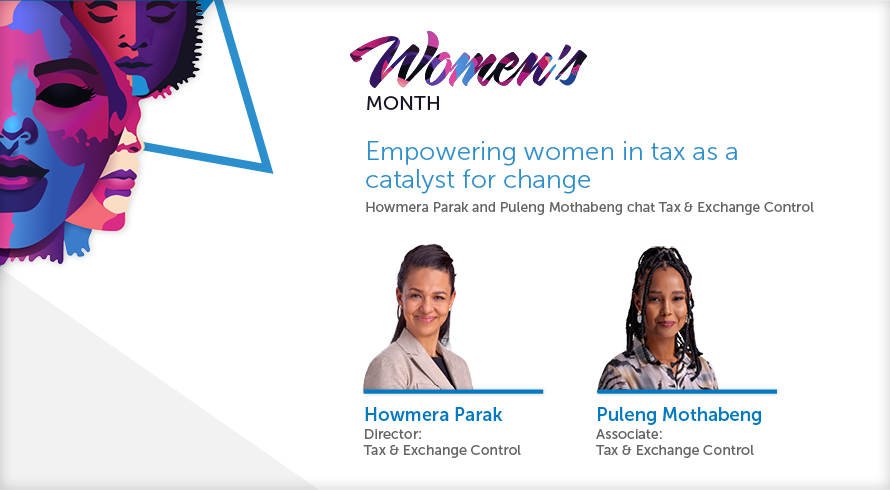It pays to go green for real estate developers, investors and lenders
At a glance
- In the realm of real estate, the adoption of green and sustainability-linked loans has emerged as a powerful tool for promoting environmentally conscious practices.
- This applies to both residential and commercial real estate enterprises as developers, investors and buyers seek to align with green practices and principles.
- By leveraging the power of green financing, South Africa's real estate sector can play a pivotal role in shaping a more sustainable and resilient built environment for future generations.
Green financing in the real estate sector
Green financing encompasses a variety of financial instruments aimed at supporting projects and initiatives that have positive environmental impacts. In the real estate sector, this often involves funding for projects that prioritise energy efficiency, renewable energy, and sustainable building practices. Two key types of green financing gaining traction are green loans and sustainability-linked loans.
Green loans are specifically earmarked for projects with environmental benefits, such as constructing energy-efficient buildings, installing renewable energy systems, or retrofitting existing structures to meet sustainability standards. On the other hand, sustainability-linked loans are more flexible, tying the interest rates to the borrower’s achievement of predefined sustainability targets. Both types of financing offer real estate developers and investors an opportunity to align their projects with global sustainability goals.
Commercial incentives for real estate developers and investors
Beyond the obvious environmental benefits, real estate developers and investors in South Africa have compelling commercial incentives to embrace green financing. Retrofitting existing buildings to be more sustainable or investing in newly constructed green buildings is not just an altruistic endeavour but a strategic move that can positively impact the financial bottom line.
There is a growing body of evidence indicating that green buildings have a competitive edge in the market. Prospective purchasers and tenants are increasingly prioritising sustainability, and green buildings are perceived as more attractive and responsible choices. Such properties often command higher rental and sale values, creating a financial incentive for developers and investors to integrate green practices into their projects.
Increased market demand
South Africa, like many other regions, is witnessing a surge in demand for sustainable and eco-friendly real estate. As awareness of environmental issues grows, consumers are becoming more discerning, seeking residences and commercial spaces that align with their values. Green buildings, with features like energy-efficient systems, water conservation measures and sustainable materials, resonate well with this conscientious market.
Real estate developers who invest in green initiatives not only meet this rising demand but also position themselves as leaders in the industry. Market studies indicate that properties with green certifications or sustainable features not only attract more potential buyers and tenants but also tend to spend less time on the market. In a competitive real estate landscape, these advantages can be differentiating factors that contribute to the success of a development project.
Government support and regulatory environment
The South African Government has also been proactive in promoting sustainable practices in the real estate sector. Various policies and incentives encourage developers to prioritise green building standards. Incentives such as tax breaks, grants, and fast-tracking of approvals for green projects provide additional motivation for industry players to embrace environmentally friendly practices.
Conclusion
In conclusion, the integration of green financing into South Africa’s real estate sector is a win-win proposition. Real estate developers, investors, and lenders stand to benefit from contributing to a more sustainable future and from the tangible economic advantages associated with green buildings. As the demand for environmentally conscious real estate continues to rise, embracing green financing becomes not just a responsible choice but a strategic one for long-term success in the dynamic and evolving real estate market. By leveraging the power of green financing, South Africa’s real estate sector can play a pivotal role in shaping a more sustainable and resilient built environment for future generations.
The information and material published on this website is provided for general purposes only and does not constitute legal advice. We make every effort to ensure that the content is updated regularly and to offer the most current and accurate information. Please consult one of our lawyers on any specific legal problem or matter. We accept no responsibility for any loss or damage, whether direct or consequential, which may arise from reliance on the information contained in these pages. Please refer to our full terms and conditions. Copyright © 2025 Cliffe Dekker Hofmeyr. All rights reserved. For permission to reproduce an article or publication, please contact us cliffedekkerhofmeyr@cdhlegal.com.
Subscribe
We support our clients’ strategic and operational needs by offering innovative, integrated and high quality thought leadership. To stay up to date on the latest legal developments that may potentially impact your business, subscribe to our alerts, seminar and webinar invitations.
Subscribe




